Frontlist | An interaction with Mr. Neeraj Jain, MD of Scholastic India
Frontlist | An interaction with Mr. Neeraj Jain, MD of Scholastic Indiaon Feb 16, 2021
“It has actually been fast-tracked during the covid phase by 5-8 years but one thing we all have to remember is that digitalisation is and will always be there. It’s only the degree that will keep on changing” says Neeraj Jain, MD of Scholastic India, President- API, Co-chair- FICCI
Q. Please tell us a little bit about the kind of work that you do and your professional goals. A. I am a Chartered Accountant by profession, I’ve been working for the last 25 years. For the last 18 years, I’ve been with Scholastic, started with the finance function, and gradually up the ladder. Being with Scholastic, I work with schools closely from the collateral of BD and that’s what keeps me interested and working with the organisation for so long. In terms of my goals, I think I would like to do something which can back the education engine and help the entire country. Q. You are very actively involved with two council organisations, FICCI and API. So, what difference do you see in these two ideologically and how do you balance between the two? A. Well, if you look at both FICCI and API, for API I would say it’s a large family of publishers coming together and working into India with the same set of principles, so it is like a large family within the same industry, hence, it becomes easier to navigate, discuss and do stuff there. Similarly, in FICCI, my role is associated with publishing but on a wider span. Thus, the only difference I see between these two organizations is the difference in the weight of work and responsibilities. Since there aren’t any drastic differences in roles, so it’s quite manageable. Q. According to you, what would you say is the one ingredient to develop a good team? A: I would say, not just one but two ways of developing a team. One is trust and the other is transparency. If you have both in place then you’ll be able to develop a very good team, which is what we’ve done in Scholastics, and I am very proud of it. Q. Everything is digitising now, we are in the era of digitisation, how do you think that has impacted the publishing industry in general? Is it for good or bad? What is your take on that? A. I want to say that, there is nothing which can be categorized as good or bad, anything new that comes in brings in it’s own set of good and own challenges, we have to always balance between both of those and move forward. Digitalisation is the same thing. It has actually been fast-tracked during the covid phase by 5-8 years but one thing we all have to remember is that digitalisation is and will always be there. It’s only the degree that will keep on changing. If you go back a few years and see the examples of the developed economies, a lot moved towards digital books or e-books consumption. In the current era of covid, everybody has moved forward with digitalisation, it’d bring in it’s own benefits both for the consumers and the publishers; we have to be very mindful of what it can bring for us, we also have to be mindful that digitalisation does not mean technology first and content second, it always will be content first and technology second. Very often people confuse digitalisation means whichever thing is best on technology terms is the best for us. It’s the best content with the right pair of technology which is the best. I think that’s a win-win situation for everybody. Q. So, very recently we saw that the Delhi High Court has allowed the intervention in the copyright act, what is your take on that? A. I would only say that it should not go the same way as the earlier case went where the publishers were involved and they did not get a reasonable verdict, that would be my only take there at this point. I think we all need to remember that strong IPR laws are required and they not only facilitate the export and import which impacts the foreign exchange but also impacts the credibility of the country. Q. Being an MNC, what challenges do you all face in respect to the copyright act, especially regarding the Indian market? A. When we talk about the copyright law, it’s not about MNC or Indian publishers, it is important for everybody, from authors to publishers and from Indian publishers to MNC, so everybody gets impacted by the copyright law. One of the few important things that one should take care of when we talk about copyright laws, how do we spread awareness about it. Also the fact remains how to make effective use of an organisation like IRRO. Only then, some of these challenges will get addressed. Also, at this point, the Government of India has opened it up, looking at amending the copyright act and they are taking inputs which are a must for the fair usage around the parallel imports & legitimate reexport, so if those points are taken care of that would really help. Another thing which should be considered, which is being done in a small way which is bringing the IPR as school education topic, so that we make sure kids understand that why IPR is important and what does it mean; and as I always say, you don’t have to teach stuff through textbooks itself, you can teach it through your own actions, while some of the schools do teach about the copyright, plagiarism, citing the source that you are using, but at the same time I’ve seen some of the big schools also getting into circulating PDF of the book for their class to read. So you know, you have to lead by actions rather than just words and if that happens and if we are able to educate our kids right from an early age, the impact of such things would really help.
API
Association of Publishers in India
FICCI
Frontlist India news
Frontlist Interview
Frontlist News
Indian publishers
Indian publishing industry



.jpg)






.jpg)

.jpg)
.jpg)
.jpg)
.jpg)
.jpg)


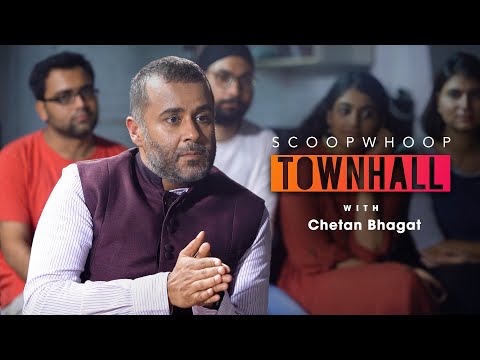
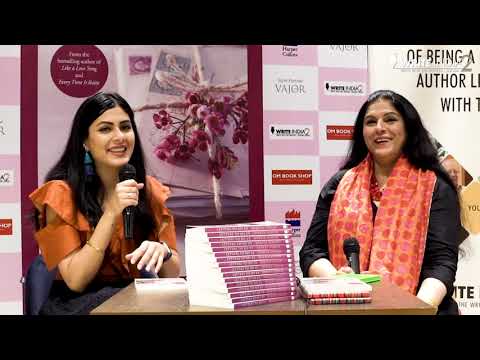
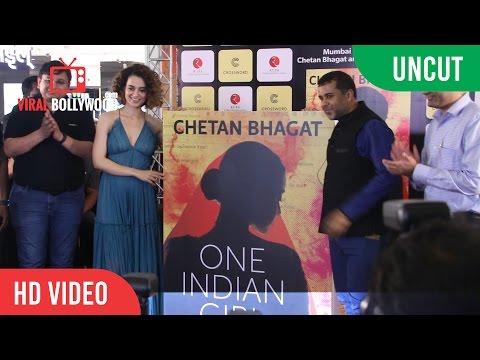
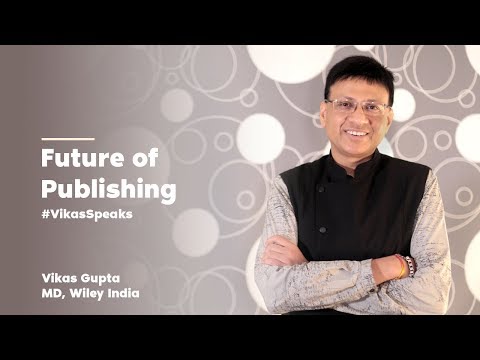
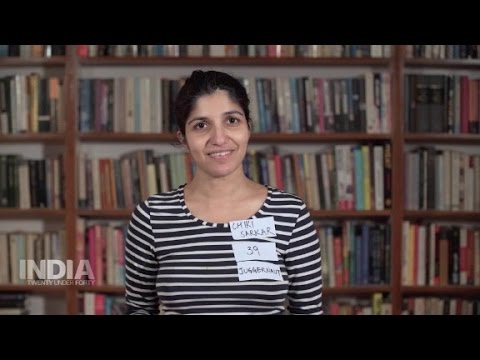
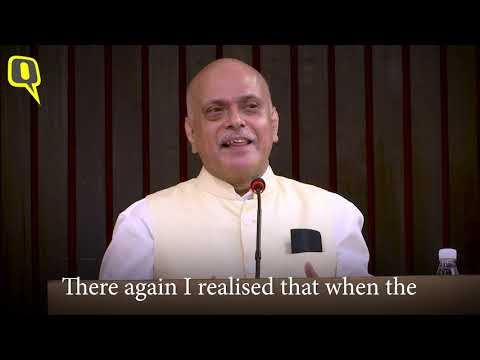

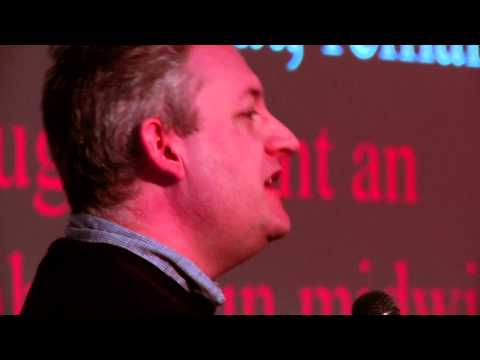
Sorry! No comment found for this post.